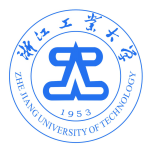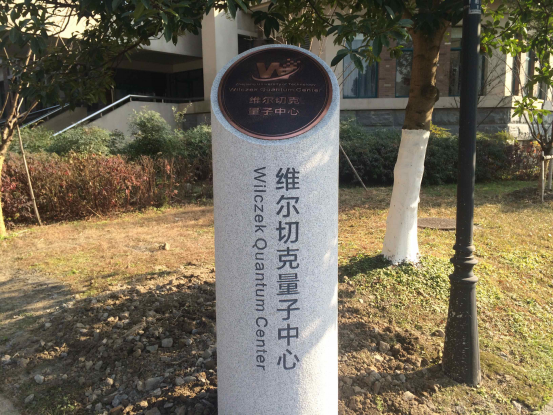
|
Wilczek Quantum Center Zhejiang University of Technology 2015, Volume 10, Number 4 |
Location
Zhejiang University of Technology
Pingfeng Campus
No. 288 Liuhe Road
Hangzhou 310023,China
Further Information: http://www.wqchina.org
Overview
The Wilczek Quantum Center is a new initiative, aiming to become an international platform for scientific research, training, and exchange in fundamental quantum physics. Founded in October 2014 on the scenic Pingfeng Campus of Zhejiang University of Technology in Hangzhou, it is named after noted American scientist Frank Wilczek, winner of the 2004 Physics Nobel Prize. The Center also plans to reach out to the wider public, through cultural events, and to look for appropriate opportunities to support interdisciplinary and technological ventures. Our goal is to develop the Center into an institution recognized worldwide, working at the cutting edge of quantum research frontiers.
Key Contact
Professor W. Vincent Liu
Director, Wilczek Quantum Center, Zhejiang University of Technology
E-mail: wvliu@pitt.edu
Professor Hongwei Xiong
Deputy Director, Wilczek Quantum Center, Zhejiang University of Technology
Telephone: +086 0571 85290323
E-mail: xionghw@zjut.edu.cn
Research Foci
Quantum physics, first discovered in the early 1900s, reveals nature's deepest and most mysterious laws. Quantum ideas gave birth to electronic and other technologies that now shape our world. New discoveries in quantum theory continue to yield results that will shape our society for the new century and beyond.
The general purpose of the Center is to advance the level of fundamental research in Hangzhou and to promote scientific exchange and collaboration with the World.
At the initiative phase, the Center directs its main efforts to theoretical research in the areas of
● ultracold gases and quantum optics, where fundamental issues in quantum theory can be addressed cleanly;
● quantum information theory, simulation, and visualization;
● the theory of fundamental interactions and its applications to astronomy and cosmology;
● the application of quantum mechanics to biological processes, including the molecular basis of perception.
